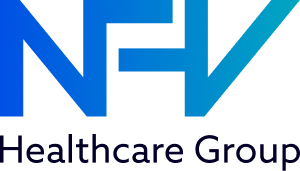The healthcare industry continuously evolves, introducing new technologies and processes to improve patient care and outcomes. However, one aspect of healthcare that often gets overlooked is revenue cycle management (RCM). RCM refers to managing the financial aspects of a patient’s visit, from scheduling to billing and collections.
Effective RCM directly impacts healthcare organization’s bottom line, ensuring timely and accurate reimbursement for services rendered. Here, we will discuss the importance of RCM in enhancing return on investment (ROI) in healthcare.
Understanding ROI in Healthcare
Return on investment is a crucial metric used to measure the profitability and efficiency of a business or organization. In healthcare, ROI measures the financial gains or losses from investments in various areas, such as equipment, technology, and processes.
Recently, the focus on ROI in healthcare has increased due to rising costs and shrinking reimbursements. Healthcare organizations are always searching for ways to maximize their ROI while still providing quality care to patients.
Revenue Cycle Management (RCM) and Its Link to ROI
As mentioned earlier, RCM is the process of managing the financial aspects of patient care. It involves various steps, such as insurance verification, claims submissions, and payment collections. These processes are critical to ensuring timely and accurate reimbursement for services rendered.
Impact of Efficient Revenue Cycle Management on Healthcare ROI
When RCM is managed effectively, it can significantly impact a healthcare organization’s ROI. Here are some ways in which RCM can enhance ROI:
- Improved cash flow: Timely and accurate billing and efficient claims processing can result in faster payments and improved cash flow for healthcare organizations.
- Reduced denials and rejections: Denials and rejections delay payments and require additional resolution resources. Effective RCM strategies can reduce the number of denials and rejections, resulting in cost savings for organizations.
- Increased efficiency: With streamlined RCM processes, healthcare organizations can operate more efficiently. This can lead to cost savings and an increase in ROI.
Strategies for Maximizing ROI through Revenue Cycle Management

To enhance ROI in healthcare, organizations need to implement efficient RCM strategies. Here are some ways to achieve this:
Implementing Technology and Automation for Efficiency Gains
The use of technology and automation in RCM can significantly improve efficiency. Automated systems can reduce manual labor, lower the risk of errors, and speed up the revenue cycle, leading to improved ROI.
Enhancing Accuracy and Timeliness in Claims Processing
Accurate and timely claims processing is key to maximizing ROI. An efficient RCM process ensures that claims are submitted correctly and on time, reducing the likelihood of rejections and delays in payment.
Leveraging RCM Analytics for Informed Decision-making
RCM analytics provide valuable insights into the revenue cycle, enabling informed decision-making. These insights can help identify areas for improvement, monitor progress, and measure the impact of RCM on ROI.
Quantifying ROI Improvements through Effective Revenue Cycle Management
Effective RCM can lead to measurable improvements in ROI. By reducing costs, improving efficiency, and accelerating the revenue cycle, RCM can deliver tangible financial benefits. It is essential to track these improvements and quantify the impact of RCM on ROI.
Aligning RCM Goals with Overall Business Objectives for Improved ROI
Aligning RCM goals with the overall business objectives of a healthcare organization is key to improving ROI. This alignment ensures that RCM strategies support the organization’s mission and vision, leading to improved financial performance.
Unlocking Access to Care with NFV Healthcare Group
At NFV Healthcare Group, we understand the importance of efficient RCM in enhancing ROI. We provide superior customized services to healthcare providers centered on their patients. By utilizing innovative technology and data-driven solutions, we enable healthcare organizations to unlock access to care for patients while maximizing financial returns. Contact us today to learn how we can help your healthcare facility.

